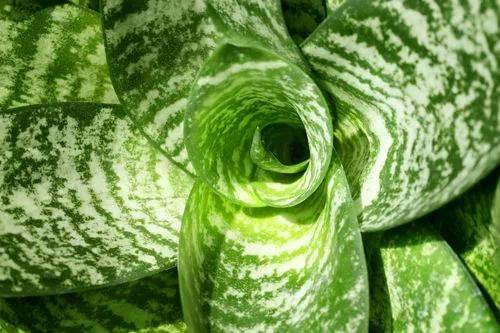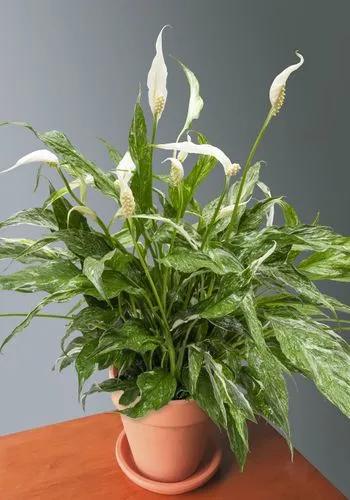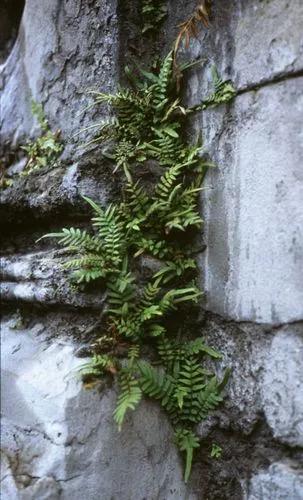Black pepper (Piper nigrum) is a flowering vine in the family Piperaceae, cultivated for its fruit, known as a peppercorn, which is usually dried and used as a spice and seasoning. The pepper plant is a perennial woody vine growing up to 4 m (13 ft) in height on supporting trees, poles, or trellises. It is a spreading vine, rooting readily where trailing stems touch the ground. The leaves are alternate, entire, 5 to 10 cm (2.0 to 3.9 in) long and 3 to 6 cm (1.2 to 2.4 in) across. The flowers are small, produced on pendulous spikes 4 to 8 cm (1.6 to 3.1 in) long at the leaf nodes, the spikes lengthening up to 7 to 15 cm (2.8 to 5.9 in) as the fruit matures.
Peppercorn Care
Piper Nigrum



One tablespoon (6 grams) of ground black pepper contains moderate amounts of vitamin K (13% of the daily value or DV), iron (10% DV), and manganese (18% DV), with trace amounts of other essential nutrients, protein, and dietary fibre.
How to Care for the Plant

Water

Peppercorn vines do not like to dry out. Water the plants when the surface of the soil feels dry.

Pruning

Pruning peppercorn vines isn't necessary for plant health. You may prune plants to remove any dead or dying foliage, or to keep plants in bounds when growing in a small space.

Fertilizer

Peppercorn plants are light feeders. In the spring, when growth begins to increase, you can give them a fertilizer for blooming plants with a 7-9-5 balance of nutrients. Fertilize every two weeks throughout the summer, and discontinue feeding in the fall and winter months.

Soil

Peppercorn plants need humus-rich soil that retains moisture. However, the soil must have good drainage, and heavy clay soils can cause root rot. Use a light potting mix amended with compost or leaf mold.

Temperature

This will help them sprout. The seeds need to be kept at a constant temperature — between 23.5 and 26.5℃ (75-80℉) is optimum — in nutrient-rich soil topped with organic compost. For best results, plant your seeds a quarter to half an inch below the soil surface and space them out.

Container

When planting your pepper plant into the container, use organic, rich potting soil; don't use regular garden soil.

Additional

The sap of the tree contains urushiols, which are toxic. It is a relative of the rhus tree (Toxicodendron succedaneum) and poison ivy (Rhus toxicodendron). Being near the tree when its flowering or touching the sap can cause: severe itching. The small flowers are in dense slender spikes of about 50 blossoms each. The fruits, which are sometimes called peppercorns, are drupes about 5 mm (0.2 inch) in diameter. They become yellowish red at maturity and bear a single seed. Their odour is penetrating and aromatic; the taste is hot, biting, and very pungent.

Popularity

348 people already have this plant 43 people have added this plant to their wishlists
Discover more plants with the list below
Popular articles






